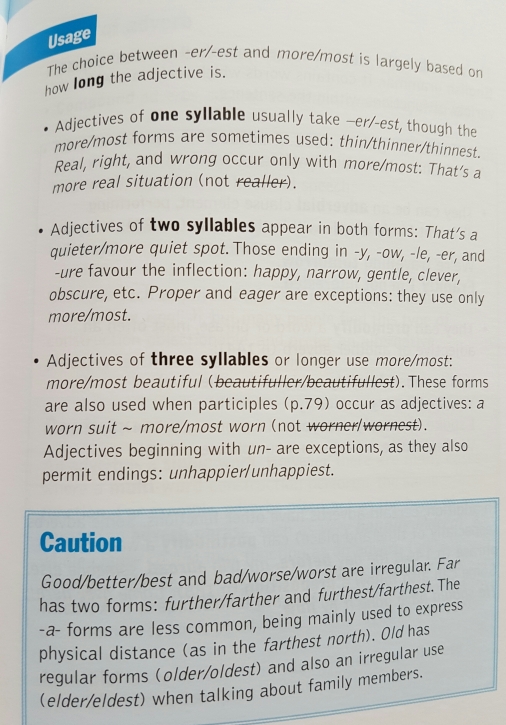Before I begin with my interpretation of the poem ‘Remains’, a quick word on how I approach my own analysis and teaching of a poem. Generally, I like to go into it unseen and usually like my pupils to do the same. When I first started teaching poetry, I used to read the revision guides, study the websites, have a nosy on youtube and scrutinise the poet’s biographical details. These days, unless I find a poem particularly obscure or complex, or feel that it is essential that pupils know the context in advance, I prefer to discover a poem for myself and get my students to do the same. I’m the same with film or book reviews: why would I want to read someone else’s opinion of a movie or a novel before actually seeing it for myself? For me, I’d be going into the experience with someone else’s viewpoint embedded in my brain and I personally find that an unwelcome distraction. I invariably go back and read the reviews after I’ve watched or read it, to see if I was missing something. I mostly expect the same with my pupils and poetry analysis: only after they’ve given me their first impressions do I start to fill in the gaps. This also, obviously, helps develop skills for the unseen section. So this guide is my take; I haven’t read BBC Bitesize or watched the Armitage documentary on youtube. I will in good time but for now this is my take on this accessible, impressive and affecting poem…
Summary
Briefly, the poem is told from the point of view of a soldier in an unnamed conflict, which given the references to ‘looters’ and the ‘sun-stunned, sand-smothered land’ I presume is Iraq. The soldier and his colleagues shoot dead one of these looters; the speaker is left to reflect on the decision he has taken and deal with the psychological consequences of this action upon his return to civilian life.
The title
‘Remains’ is ambiguous and ironic – literally referring to the corpse of the dead looter but also reflecting the persistent memories of the victim that haunt Armitage’s military persona. The image of the man’s body – the noun ‘remains’ – are forever juxtaposed in his mind with the insidious and pervasive image that continues -the verb ‘remains’ – to stay with him.
Self-defence versus murder
The crux of the poem comes early in the speaker’s uncertain testimony that the looter was ‘probably armed, possibly not’. The syntactical positioning of the pair of adverbs is instructive: the soldier assumes the worst, with ‘probably’ suggesting a high likelihood of danger and seemingly justifying the decision to open fire. Yet the second adverb ‘possibly’ implies there was a chance that the looter was unarmed, making the course of action a war crime. Given that the previous line ‘legs it up the road’ – with the idiom ‘legs it’ denoting an escape and implying that the looter was running away – the reader is more likely to view this as a callous act, involving shooting the looter in the back. Armitage’s use of diacopic repetition later in the poem, but this time in a dream-fuelled flashback (‘Sleep, and he’s probably armed, possibly not’) indicates the recurring replaying of this fateful moment in the speaker’s mind.
Collective responsibility?
The polysyndeton of ‘Well myself and somebody else and somebody else’ evokes a chain reaction of involvement. All three are ‘of the same mind’, suggesting a sense of agreement in the moral correctness of their actions, or perhaps rather a psychological conditioning (brainwashing some might say) that encourages soldiers to think the same and act the same, linking nicely with ‘Charge of the Light Brigade’ and ‘Theirs is not to reason why…’. While the anonymous indefinite pronoun ‘somebody’ conveys the code of honour and silence among comrades, and appears to evade culpability, the positioning of the first person reflexive pronoun clearly represents an admission of involvement – indeed primary involvement as the first to fire – of the speaker. The fact that they were ‘letting fly’ certainly suggests a reckless abandon rather than precise targeting.
The body
At this stage the poet adopts grotesque imagery to emphasise the physical mangling of the body and the indifference shown to the victim at the moment of death. ‘One of my mates …tosses his guts back into his body’ is deeply disrespectful towards the corpse, with the dynamic verb ‘tosses’ highlighting a careless, inhumane attitude towards human life. The plosive of ‘back’ and ‘body’ amplifies the visceral image of the sloppy innards being casually thrown back into this shattered shell of a body. The indignity is further reinforced by the mode of transportation for this hapless criminal: ‘carted off in the back of a lorry’. The choice of a vehicle known mainly for distribution, as opposed to an ambulance or a hearse, displays the objectification of the cadaver – discarded like a broken and unwanted item.
The volta
Now the location changes but the action doesn’t. Armitage sends the soldier home on leave but condemns him to a perpetual reimagining of the scene:’I’m home on leave. But I blink/ and he bursts again through the doors of the bank.’ The caesura suggests a clean break but the enjambment swiftly reasserts the invasive memory of the victim. The narrative shifts from anecdotal to confessional and we witness the mental deterioration of the persona.
PTSD
The American Psychological Association defines post-traumatic stress disorder as ‘an anxiety problem that develops in some people after extremely traumatic events, such as combat, crime, an accident or natural disaster.’ They go on to explain that ‘people with PTSD may relive the event via intrusive memories, flashbacks and nightmares…’ It is pretty clear by now that the guilt caused by taking a life in combat (especially an innocent one in a gruesome manner) and the trauma is provokes is the central theme of the poem. Specifically, the theme of intrusion is key: the murdered looter is now metaphorically ‘dug in behind enemy lines’, a phrase of profound irony as the speaker was initially the one stationed deep in opposition territory, and significantly as the ‘enemy’in this instance is the soldier’s own brain. The verb phrase ‘dug in’ emphasises the intrusive, relentless nature of these revenge attacks on his conscience.
The Royal College of Psychiatrists notes the symptoms of the condition includes an hypervigilance that means sufferers are unable to switch off. Other symptoms include the futile abuse and misuse of drugs and alcohol, evident in the line ‘And the drink and drugs won’t flush him out’. The idiom ‘flush him out’ works on several levels: firstly, suggesting the disposal of undesired waste products, which links with the disposal of the looters body; secondly, illustrating the original intention of bringing enemy ‘combatants’ out into the open; and thirdly, getting a toxic product – in this instance the intrusive memories – out of the system before it causes long-term damage. Interestingly, the RCP also spell out the situations that will heighten the effects of PTSD: the involvement of mutilation -the physically ‘torn apart’ victim ultimately reflecting the eventual mental anguish of the perpetrator – being a key indicator of severe long-term trauma.
The use of cliche
Many of the colloquial metaphors that Armitage employs are cliched:
- ‘legs it’
- ‘letting fly’
- ‘broad daylight’
- ‘carted off…’
- ‘end of story’
- ‘near to the knuckle’
The use and subversion of cliched expression is a common feature of Armitage’s oeuvre; a Armitagean trope if you will. In ‘Remains’ it could perhaps convey a lack of education. After all, the average reading age of 40% of British Army recruits was recently found to be 11. I favour another explanation. Use of cliche reflects a lack of original thought, linking back to the unity of decision making at the start of the incident. Cliches are phrase that are worn out through repetition, highlighting the continual destruction and loss of life witnessed in warfare and the repetitive intrusive memories of the soldier.
So that’s my take on the poem. I suppose I’ll have to have a look around now and see what everybody else makes of it.
Thanks for reading,
Mark



